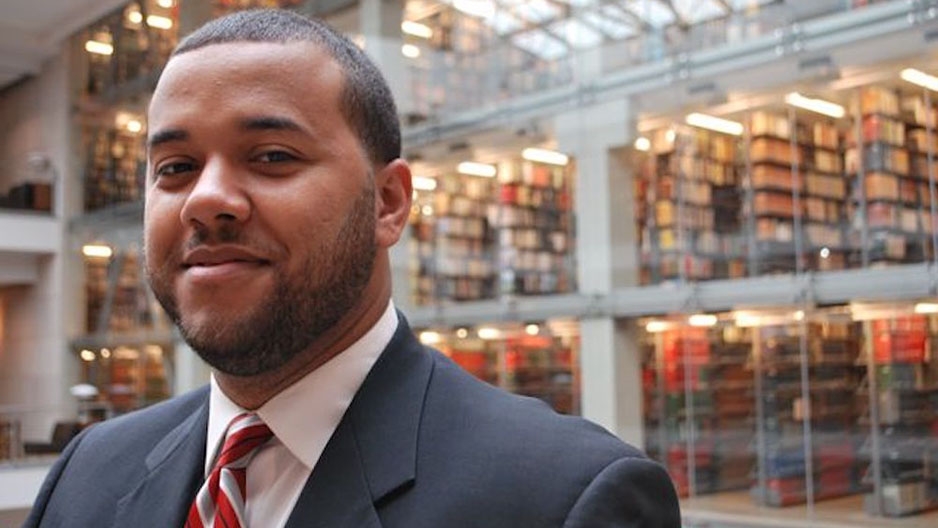Citizenship is more than voting, political science professor says
Generocity taps Nyron Crawford, assistant professor of political science, for his take on what it really means to be a citizen.

Nyron Crawford has a clear objective as an instructor.
“I want to help facilitate citizenship,” the assistant professor of political science said in an interview with Generocity, a social impact news and events group. “That’s my big personal teaching goal.”
Crawford elaborated: “When people can have a better understanding of their role as a citizen, we get broader participation across the board. Citizenship is understanding how things move together.”
A member of the College of Liberal Arts since 2014, Crawford arrived at Temple after a fellowship at the Massachusetts Institute of Technology. He earned a PhD in political science from The Ohio State University, where he wrote his dissertation on political accountability among racially homogenous groups.
In the Generocity piece, Crawford discusses how his upbringing in Danbury, Connecticut―where he was a ward of the state and lived in a foster home―inspired him to try to understand how public policy shapes people’s lives.
He has recently started to research what people of color think about the credibility of law enforcement.
“There’s an automatic physiological response black men have in interactions with police,” Crawford told Generocity. “I’m trying to understand if there’s an automatic response of stress and what that says about the views black men have of the legitimacy of police and government.”
Crawford is one of Temple’s experts who can discuss the 2016 election with the media. He recently contributed to a Philly.com blog post titled “How do you talk to your kids about Hillary Clinton?”
But while this election season has been fascinating to observe, Crawford is quick to point out that citizenship is about more than just voting.
“Being part of your neighborhood organization, a civic association, volunteering—those are all citizenship activities,” he said, “not just voting.”


